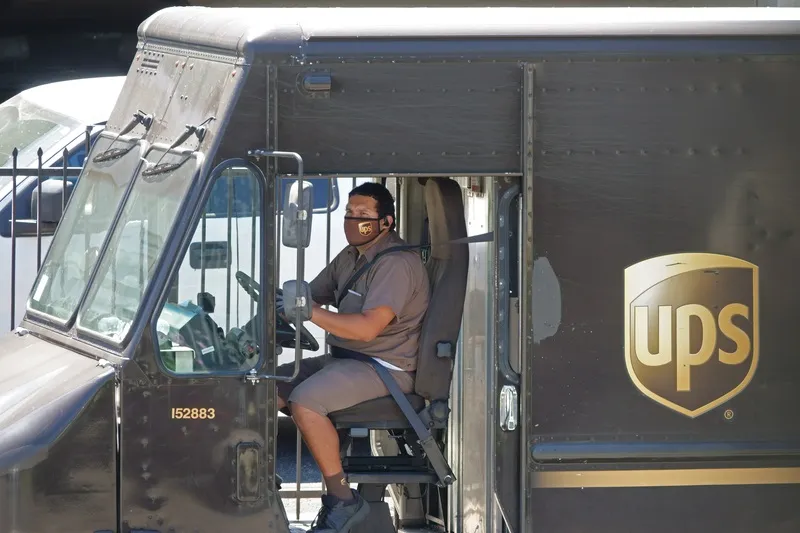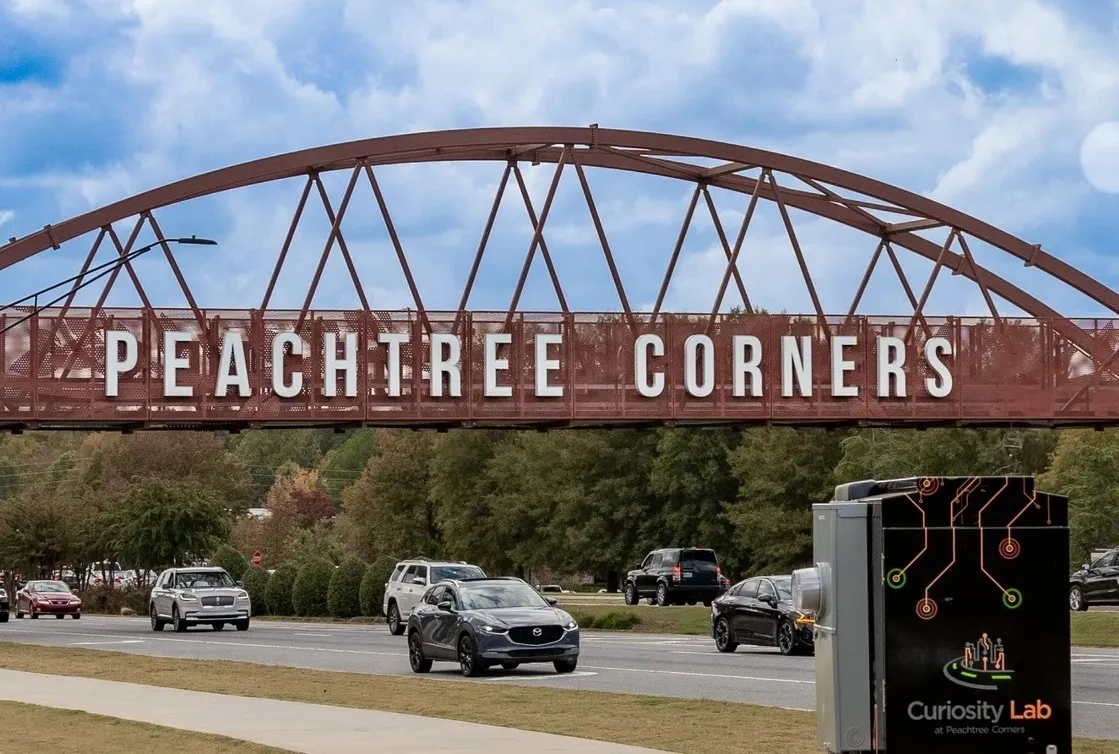The CVE is expected to improve safety and mobility for vehicle operators and pedestrian safety in school zones through connected vehicle infrastructure.
It is part of the Smart Columbus programme, an initiative which shares lessons learned and best practices from integrating ITS in a bid to increase transportation mobility and safety.
Kapsch will deploy its roadside unit ITS Station 9160 (RIS-9160) at more than 100 intersections to help support vehicle to infrastructure safety and mobility applications.
The company’s smart cities control centre will gather live data and integrate it into the Smart Columbus network with the aim of improving mobility for residents.
Kapsch is working with Econolite and traffic technology companies Path Master and Danlaw to complete the deployment by February 2020. It will also monitor the status of the network until March 2021.
Kapsch to integrate connected vehicle environment in Ohio
Kapsch TrafficCom is to oversee the infrastructure integration of the Smart Columbus Connected Vehicle Environment (CVE) in the US city of Ohio.
The CVE is expected to improve safety and mobility for vehicle operators and pedestrian safety in school zones through connected vehicle infrastructure.
It is part of the Smart Columbus programme, an initiative which shares lessons learned and best practices from integrating ITS in a bid to increase transportation mobility and safety.
Kapsch will deploy
June 25, 2019
Read time: 2 mins










